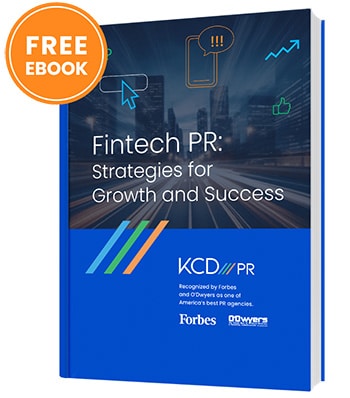The Covid-19 virus has affected Americans in all walks of life and on many levels. Americans have been forced to adapt to a new reality in many ways, and the financial sector has been no exception. Many consumers who used to deal face-to-face with financial planners, brokers and bankers are now doing all of their banking, insurance and investment business online. The robo-advisory business is flourishing in the midst of the new need for hands-off transactions, and a large percentage of investors have enlisted various types of fintech to adjust their portfolios and minimize the losses that they have recently sustained. Many financial planners are now communicating with clients via videoconferencing and are even holding seminars remotely.
Payment Apps Get an Increase in Users
Financial apps such as Intuit and Paypal are staying busy processing all manner of transactions and payments, and their popularity has increased markedly in the wake of the virus. However, PayPal has reported that there has also been a drop in ecommerce activity during the past few weeks. Other services such as the investment app Robinhood have crashed several times in the past few weeks because their platform is simply not robust enough to support the number of users that are trying to access it. However, this could be a good sign for the company in the long run, as the flood of transactions that flowed into the company’s website came in large part from new users, which means that the company is bringing in substantial new business. Both Robinhood and Airwallex are due to receive large injections of venture capital this year, and several other unicorn startups may be receiving checks as well.
And not all of the action can be found in the VC sector. Several other digital financial companies are being bought at a premium by large financial conglomerates. Visa is buying Plaid for $5.3 billion, and Intuit is taking over Credit Karma for $7.1 billion. And SoFi joined the crowd of buyers by acquiring Galileo Technologies for $1.2 billion. But experts warn that the supply of VC to the fintech market will most likely dry up soon as investors begin flocking to safer alternatives. The drop in online transactions across the board has hit many fintech companies hard, forcing them to absorb losses and cut revenue projections.
Extensions on Projections
Fintech companies of all sizes have felt the bite of the virus on their bottom lines. Both Visa and Mastercard have reduced their revenue projections for the year because of the virus. This is due to some extent by the drastic reduction in airline travel, which is one major expense that many consumers pay for with a credit card. Other transaction facilitators such as Square and Stripe are also expecting revenues to slide as people are encouraged not to eat out or visit retail stores if they can help it. But on the other hand, there may also be a surge in contactless transactions as fintech companies encourage consumers to eschew paper money in favor of digital transactions. Time will tell how these two trends play out against each other. Many countries are now strongly encouraging consumers to use contactless forms of payment so as to minimize the amount of in-person contact that they need to have in order to facilitate their financial transactions.
Demand for Sophistication
A final factor that is brewing in the fintech sector is the growing demand for more sophisticated digital services by the banking industry. Branchless banking is rapidly catching on as consumers are staying away from physical bank branches because of the virus. Branchless banking is not only a safe way to conduct banking business but is also much more cost-efficient than maintaining brick and mortar locations.
The Move Towards Contactless Payments
Although the effects of the Coronavirus have negatively impacted the fintech industry in several ways, there is also the opportunity to be found in this market environment. Companies that can help to facilitate remote transactions are likely to acquire a large number of new customers within a relatively short time. And the ultimate effect of this virus just may be the mass migration of legions of consumers from using paper money to contactless forms of payment.






